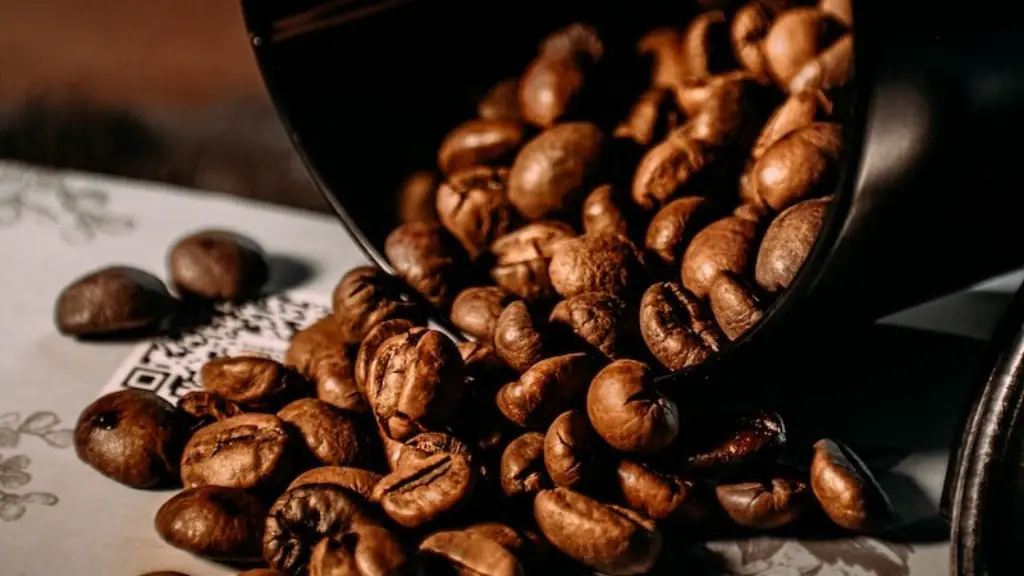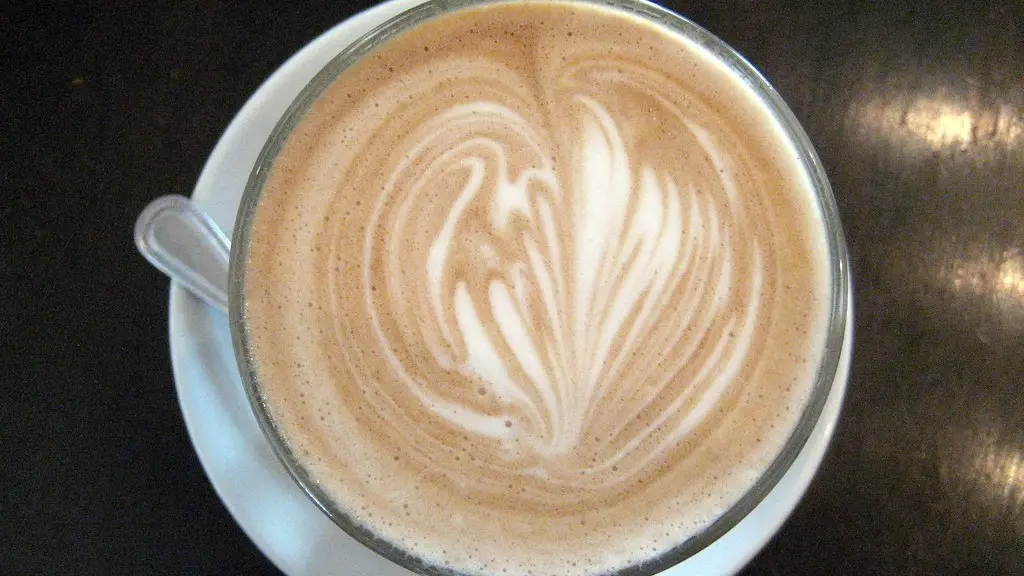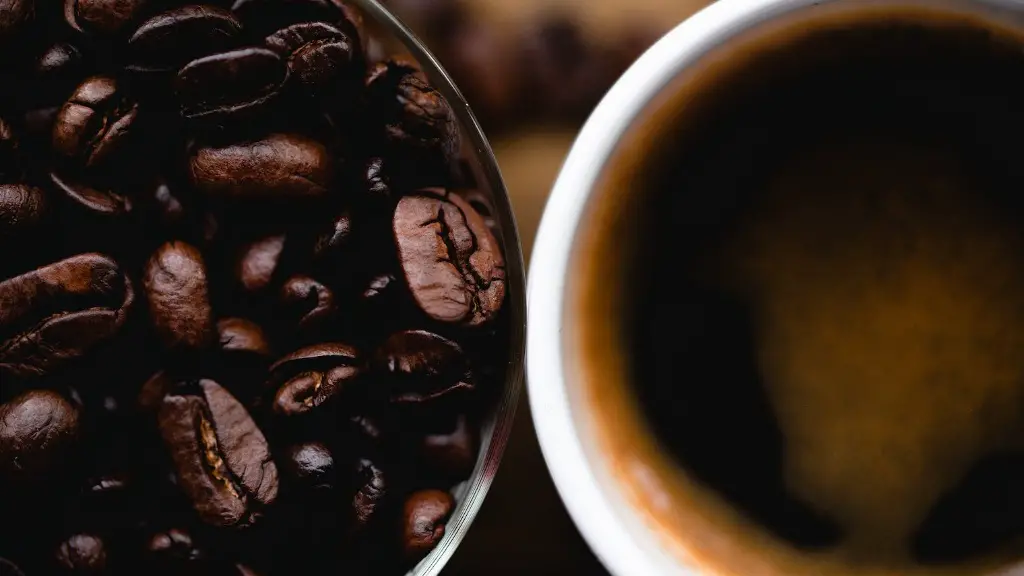Health Concerns From Drinking Expired Cold Brew Coffee
People often ask, “Is it safe to drink expired cold brew coffee?” The simple answer is no. Cold brew coffee is not like wine or whisky – there’s no chance in improved flavor or better notes. It is always better to use a fresh batch of coffee and discard the old stuff.
Although rare, expired coffee can cause stomach illness and food poisoning. The expiration date of cold brew coffee is determined by the ingredients used in the mixture. Generally, coffee beans, creamer and flavors can last for 6-10 weeks when stored properly in a cool, dry place. If left out, the shelf life of coffee rapidly decreases.
Coffee beans are naturally acidic and can cause bacteria to spark up and grow over time. If you are unsure of the expiration date and notice sour or rancid smells and taste, it is best to discard the coffee as it can cause food poisoning. Unknown factors such as improper storage, added sweeteners or lemon juice can significantly speed up the spoiling process.
Food poisoning is no joke and is oftentimes a result of consuming expired foods. Common symptoms of food poisoning include, nausea, cramps, vomitting, fever and diarrhea. Food poisoning is serious and can be fatal in cases of dehydration. Medical professionals advise the best way to prevent food poisoning is to cook food thoroughly, check the expiration date and follow safe food handling practices.
In addition, it is important to be mindful of the environmental impact from discarding expired coffee. An estimated 16 million tons of food, including coffee, is thrown away every year and ends up in landfills. Another way to lessen the environmental impact is to freeze the cold brew for later use. This can extend the life of the unused portion for up to 8 months.
Therefore, it is never recommended to drink expired cold brew coffee. This should be taken as a warning not just to avoid stomach condition, but to benefit the environment as well. A good way to prevent this issue is to use the freezing method, and to double check expiration dates before consumption.
Turning Expired Coffee Into Healthy Compost
Many people believe that you have to toss away expired coffee but with a few DIY tricks you can turn it into healthy compost. This can not only save money but also help reduce the need for traditional composting.
Composting coffee is a great way to give back to the environment by promoting healthy soil. Coffee is made from organic compounds such as water, minerals and carbon. This makes it perfect for composting. Plus, it’s a great way to extend the life of your coffee.
To turn your expired coffee into healthy compost, you’ll need a few cheap supplies. The first is a compost bin. You can purchase one at your local gardening store or make one yourself from materials you already have in your own home. Next, you’ll need to purchase some compostable activated carbon. This will ensure that your compost is free from bacteria and other contaminants. Last, you’ll need some tools to help turn the compost. A pitchfork, a shovel and a pickaxe work well.
Follow the steps above and you will successfully turn your expired coffee into healthy compost. You’ll have an easy and inexpensive way to reduce your carbon footprint and benefit the environment. Plus, you’ll have the satisfaction of knowing that you’re contributing to the well-being of the environment.
Bugs, Mold and Other Pests In Expired Coffee
Most consumers don’t think twice about the potential hazards lurking in expired cold brew coffee. The truth is, bugs, mold and other pests can be living in your expired coffee.
In addition to bacteria, expired coffee is a prime breeding ground for other insects and pests. Ants, flies and mites are attracted to the sugars and bacteria found in coffee. Other bugs such as bed bugs, fleas and roaches can be living in your expired coffee.
Each of these pests carries disease and can contaminate your coffee if not properly monitored. To prevent the spread of these pests, it’s important to check for signs of mold or other bug remnants. If you notice any signs of pests or mold, discard the coffee immediately to avoid any health risks.
The best way to protect yourself from pests and mold is to check the expiration date on the package. Buy smaller batches of coffee, use proper storage methods, and freeze unused portions of the coffee. Finally, discard any coffee that is past its expiration date.
What Are The Benefits Of Cold Brew Coffee?
Cold brew coffee has gained a lot of popularity in the last few years due to its health benefits. Cold brew coffee is brewed differently than regular coffee, which results in different effects on your body. Cold brew coffee is brewed by soaking the beans in cold or room temperature water for an extended period of time. This method results in a concentrate of cold brew coffee which can be diluted with water and enjoyed on the go.
One of the most notable benefits of cold brew coffee is its lower acidity. Cold brew coffee has up to 67% less acidity than a cup of hot brewed coffee, which results in a smoother, less bitter flavor. This also makes it easier to digest and is great for those who have problems with sensitive stomachs.
In addition to its low acidity, cold brew coffee also contains more caffeine that hot brewed coffee. The longer you soak the beans, the more caffeine is extracted from them, resulting in a stronger and more intense cup of coffee. For those who need an extra boost, cold brew coffee is the perfect choice.
Overall, cold brew coffee has many health benefits, as long as it is fresh. The lowered acidity and higher caffeine content make it a great choice for coffee lovers. However, when it becomes outdated and expired, it is important to discard it and try out a fresh batch.
How To Store Cold Brew Coffee To Extend Its Shelf Life
Storing cold brew coffee is the key to keeping it safe to drink. Leaving the coffee on the kitchen counter or in a cupboard will shorten the shelf life significantly and increase the chances of it becoming expired. So, follow these tips to store your cold brew coffee properly and extend its shelf life.
First, you’ll need to purchase an airtight container. Mason jars, Kleenex boxes, and Thermos containers work well. Be sure to leave plenty of room for expansion as the coffee can expand when stored in the freezer.
Second, store the cold brew in the refrigerator. It’s best to keep it away from the walls of the fridge because when the door is opened, the cold brew could come into contact with bacteria from the shelves. Also, it’s best to keep it away from fruits and vegetables because the cold brew can absorb flavors from them.
Finally, you’ll want to store the cold brew in the freezer if you plan on keeping it longer than a few weeks. The freezing temperatures will slow down the growth of bacteria and preserve the flavor of the coffee. If you are freezing large batches of cold brew, make sure to use small containers or divide it into smaller batches.
By following these tips, you can extend the shelf life of your cold brew coffee and keep it safe to drink. Just remember to check the expiration date before drinking and discard any expired coffee.
Organic Cold Brew Coffee: Is It Worth The Price?
Organic cold brew coffee has gained a lot of attention in recent years due to its health benefits and premium taste. But is it worth the price tag?
Organic cold brew coffee is made without any artificial ingredients or preservatives. This eliminates the risk of consuming potentially harmful toxins and chemicals, which can be found in non-organic coffees. Additionally, organic cold brew coffee is made with ethically grown beans, meaning there are no pesticides, fertilizers or herbicides used in its cultivation.
Organic cold brew coffee is also higher in antioxidants than regular cold brew coffee. This is due to the fact that organic coffees are grown in nutrient-rich soil, giving more nutrients to the beans. This makes the coffee richer and more flavorful. Additionally, organic cold brew coffee may contain higher levels of caffeine, making it even more potent.
Organic cold brew coffee is usually more expensive than regular cold brew coffee. However, if you want to make sure your coffee is free from toxins and chemicals, and prefer the richer taste, then it’s worth the extra cost. Just remember to check the expiration date and discard any expired coffees.





